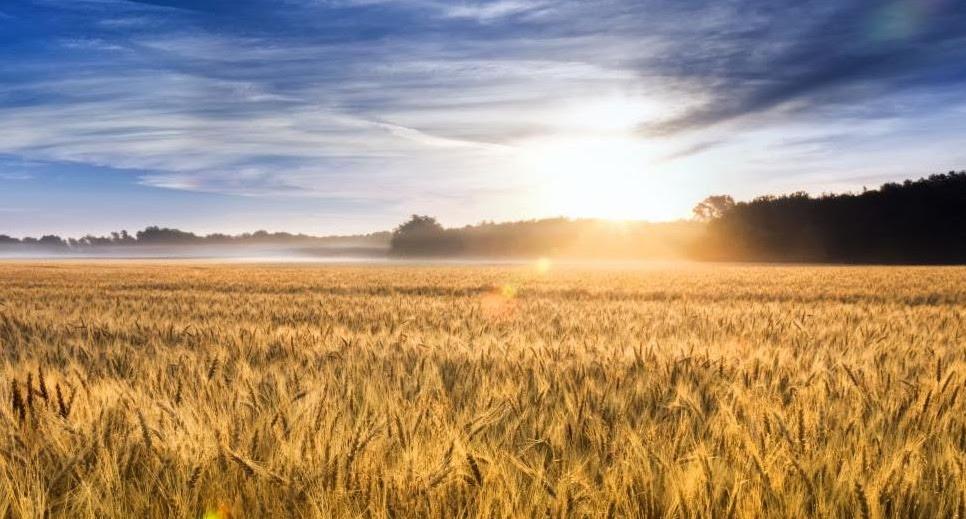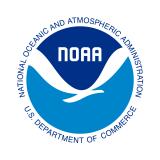National Flash Drought Workshop

The National Flash Drought Workshop, held on May 2–4, brought together the flash drought research community and practitioners (i.e., those responding to/planning for flash drought at the local, state, and regional levels). The overarching goals of this workshop were to build stronger connections and coordination among researchers and practitioners; discuss the state of the science, resources, and tools related to flash drought; and identify outstanding research and information needs since the 2020 virtual workshop.
Where: Boulder, Colorado
When: May 2–4, 2023
Who: This workshop was open to all, and was particularly relevant to those entities that engage in the following activities:
- Monitoring drought conditions
- Engaging in drought mitigation and water planning
- Utilizing drought information in decision making
- Providing information on drought conditions and impacts
- Conducting research related to flash drought
- Sharing drought information through communication and outreach.
More Information: Read the Workshop Report, or view the Event Website and Agenda.
Recorded Workshop Presentations
View all recordings from the 2nd National Flash Drought Workshop, or watch specific presentations below.
| Session Recording/Presentations | Presenter(s) |
|---|---|
| Welcome & Introductions | Sylvia Reeves, NOAA/NIDIS, CIRES/CU Boulder |
| Progress Since the 2020 Virtual Workshop | Marina Skumanich, NOAA/NIDIS |
| Session 1: State of the Science (Full Session Recording) | Session Moderator: Dan McEvoy |
| Framing Flash Drought and Monitoring | Jason Otkin, University of Wisconsin Madison |
| Flash Drought Prediction and Predictability | Hailan Wang, NOAA Climate Prediction Center; Andy Hoell, NOAA Physical Sciences Laboratory |
| Flash Drought Impacts | Amanda Cravens, USGS Forest and Rangeland Ecosystem Science Center |
| Incorporating Flash Drought into Planning, Policy, and Decision Making | Mark Svoboda, National Drought Mitigation Center |
| Projections of Flash Drought in a Warming Climate Across the United States | Jordan Christian, University of Oklahoma |
| Session 2: Practitioner Perspective (Full Session Recording) | Session Moderator: Pam Knox, University of Georgia Extension |
| Practitioner Presentations & Panel Discussion | Panelists:
|
| Session 3: Flash Drought Tools Cafe and Poster Session | |
| View a summary of flash drought prediction and monitoring tools, including those covered in the Tools Cafe. |
| Session Recording/Presentations | Presenter(s) |
|---|---|
| Morning Coffee Panel Chat | Panelists:
Moderator: Sylvia Reeves, NOAA/NIDIS, CIRES/CU Boulder |
| Session 4: Case Studies of Flash Drought (Full Session Recording) | Session Moderator: Carson MacPherson-Krutsky, Boise State and University of Colorado |
| Massachusetts – On a Path to Better Drought Preparedness | Vandana Rao, Massachusetts Executive Office of Energy & Environmental Affairs |
| Flash Drought in South Carolina: Overcoming Barriers through Investments in Relationships, Collaboration, and Communication | Elliot Wickham, South Carolina State Climatology Office |
| 2021 Drought in the Pacific Northwest: A Different Flavor | Karin Bumbaco, WA State Climatologist |
| 2017–2018 Flash Drought Event in Argentina: Characteristics, Impacts and Lessons Learned | Pablo Spennemann, Servicio Meteorologico Nacional-CONICET, Argentina |
| Session 5: Break Out Group Sessions (Full Session Recording) | Session Moderators: Meredith Muth and Joel Lisonbee, NOAA/NIDIS |
| Regional Case Study: Flash Drought Science to Action at the Regional Level | Lee Ellenberg, University of Alabama Huntsville and Meredith Muth, NOAA/NIDIS |
| Introduction to Break Out Groups | Meredith Muth, NOAA/NIDIS |
| Breakout 1 Report Out: Flash Drought in a Regional Context | Joel Lisonbee, NOAA/NIDIS, CIRES/CU Boulder |
| Introduction to Breakout 2: Table-Top Exercise by Region | Meredith Muth, NOAA/NIDIS |
| Session Recording/Presentations | Presenter(s) |
|---|---|
| Welcome Back and Overview of Day 3 | Sylvia Reeves, NOAA/NIDIS, CIRES/CU Boulder |
| Session 6: Emerging Flash Drought Science (Full Session Recording) | Session Moderator: Ronald Leeper, Cooperative Institute for Satellite Earth System Studies (CISESS) |
| A Framework for Flash Drought Development and Progression | Jeff Basara, University of Oklahoma |
| Subseasonal Flash Drought Prediction Skill in the Contiguous United States | Kyle Lesinger, Auburn University |
| Assessing the Performance of Sub-Seasonal Solar-Induced Fluorescence Trajectory as an Early Warning System for Flash Droughts in the U.S. Regions and Ecosystems | Koushan Mohammadi, University of Connecticut |
| Using the El Niño-Southern Oscillation and Madden Julian Oscillation Modes of Variability to Predict Rapid Drought Change | Emma Scott, North Carolina Institute for Climate Studies |
| Table Brainstorm and Group Discussion | |
| Session 7: Reflection + Forward Thinking | Session Moderators: NOAA/NIDIS Team |
| Synthesizing and Addressing Outstanding Needs | NOAA/NIDIS Team |
| Forward Thinking | Sylvia Reeves and Meredith Muth, NOAA/NIDIS |
| Workshop Adjourns | Sylvia Reeves, NOAA/NIDIS, CIRES/CU Boulder |
For programmatic questions, please contact Sylvia Reeves.
The National Integrated Drought Information System (NIDIS) would like to thank the following partners for their help in planning this workshop: Auburn University, Colorado State University, Desert Research Institute, Massachusetts Department of Conservation and Recreation, Montana State University, Natural Hazards Center, National Drought Mitigation Center, NOAA, Northeast Regional Climate Center, Oregon State University, Montana Department of Natural Resources and Conservation, Texas Water Development Board, University of Colorado-Boulder, University of Georgia, University of Illinois, University of Oklahoma, University of Nebraska-Lincoln, University of Wisconsin, and USDA.


